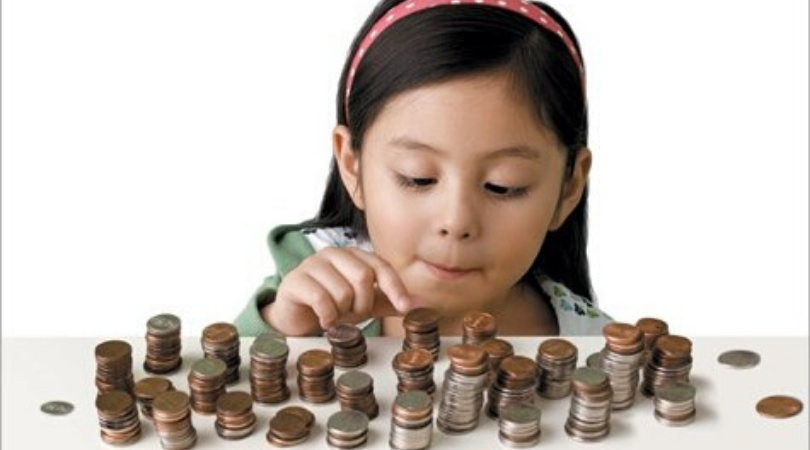
How Divorced Parents Can Make Holidays Special for Their Kids

*Collaborative Post
Holidays can be a magical time for children, but for divorced parents, making the season special may require extra effort. Balancing traditions, coordinating schedules, and managing emotions can be challenging, yet it’s possible to create meaningful and joyful holiday memories even after a divorce.
By focusing on the children’s happiness, fostering cooperation between parents, and establishing new family traditions, divorced parents can ensure the holidays remain a time of warmth and celebration. This article explores ways parents can navigate post-divorce challenges and make the holidays an enjoyable experience for their kids.
Focus on the Kids’ Needs
The key to making holidays special for children after a divorce is to prioritize their emotional well-being. Children often experience a range of emotions during the holiday season, from excitement to confusion, especially if the family dynamic has recently changed.
Open communication is essential—parents should talk with their children about their expectations and feelings, allowing them to express any concerns or desires. By focusing on what makes the holidays enjoyable for the kids, parents can create a nurturing environment. This also helps children feel secure and valued during an otherwise overwhelming time.
Create New Traditions
Starting fresh with new holiday traditions can be a great way to build positive memories for children in a post-divorce family. While kids may miss the way things used to be, new traditions give them something to look forward to and can help ease the transition.
These traditions don’t need to be elaborate—they can be as simple as baking cookies together, decorating the house in a unique way, or planning a special holiday movie night. Include new family traditions: holiday traditions, importance, and respect for each other. By involving the children in the creation of these new customs, parents can ensure the holidays feel special and uniquely theirs.
Co-Parenting and Coordination
Coordinating holiday plans between divorced parents is essential to ensuring a smooth and enjoyable experience for the children. Open, respectful communication is key to making sure both parents are on the same page regarding holiday schedules and events.
Flexibility plays a crucial role in co-parenting, as last-minute changes or compromises may arise. When parents work together to create a holiday plan that allows the kids to spend quality time with both sides of the family, it helps minimize stress and conflict.
This cooperation not only benefits the children but also creates a more peaceful holiday atmosphere for everyone involved.
Avoid Negative Talk About the Other Parent
Maintaining a positive or neutral tone when discussing the other parent is crucial for creating a supportive holiday environment. Children can be highly sensitive to negative comments or conflicts between parents, which can overshadow the joy of the season.
It’s important for parents to refrain from speaking ill of their ex-partner, both in front of the children and in their presence.
Instead, focusing on the positive aspects of the holiday and encouraging children to enjoy their time with both parents can foster a more harmonious atmosphere. This approach helps children feel more secure and less conflicted about their family situation.
Be Mindful of Extended Family
When planning holiday celebrations, it’s important to consider the role of extended family while prioritizing the children’s comfort. Balancing time between both sides of the family can be challenging, but it’s crucial to ensure that children feel valued and not overwhelmed by multiple celebrations.
Open communication with extended family members about the children’s needs and the family’s new dynamics can help prevent misunderstandings and ensure a smoother experience. By working together with extended family, divorced parents can create a supportive environment where children feel loved and included, regardless of the changes in their family structure.
Embrace Virtual Celebrations
For divorced parents who live far apart, virtual celebrations can help maintain connection during the holidays. Technology allows children to experience shared moments with both parents, even if they’re not physically together.
Video calls, virtual gift exchanges, and interactive online activities like baking or decorating together can bridge the gap, allowing the family to participate in holiday traditions despite the distance. Setting aside specific times for virtual interactions ensures that children feel involved and connected to both parents during these special moments.
Parents can also use virtual tools to bring extended family into the celebration, making the occasion more inclusive.
By embracing digital solutions, divorced parents can make the holidays feel unified, regardless of location. These efforts help children feel emotionally supported and allow them to create lasting holiday memories with both sides of their family.
Focus on Quality Time Over Gifts
While gifts are often a significant part of the holiday season, focusing on quality time can provide even greater benefits for children. Engaging in activities that foster meaningful interactions, such as family game nights, outdoor adventures, or creative projects, can create lasting memories that children will cherish.
Prioritizing experiences over material possessions allows parents to strengthen their bond with their children and offer them a sense of stability and joy. By emphasizing togetherness and shared moments, divorced parents can ensure that the holidays remain a special time for their kids, centered on love and connection rather than just presents.
Plan for Self-Care as a Parent
The holiday season can be demanding for divorced parents, so it’s important to prioritize self-care to maintain well-being and create a positive environment for the children. Taking time to manage stress, seek support, and engage in personal relaxation can help parents stay calm and focused.
When parents take care of their own needs, they are better equipped to handle the complexities of co-parenting and to provide a nurturing holiday experience for their kids. Self-care ensures that parents are emotionally and physically prepared to enjoy the holidays with their children and to navigate any challenges that may arise.
*This is a collaborative post. For further information please refer to my disclosure page.




